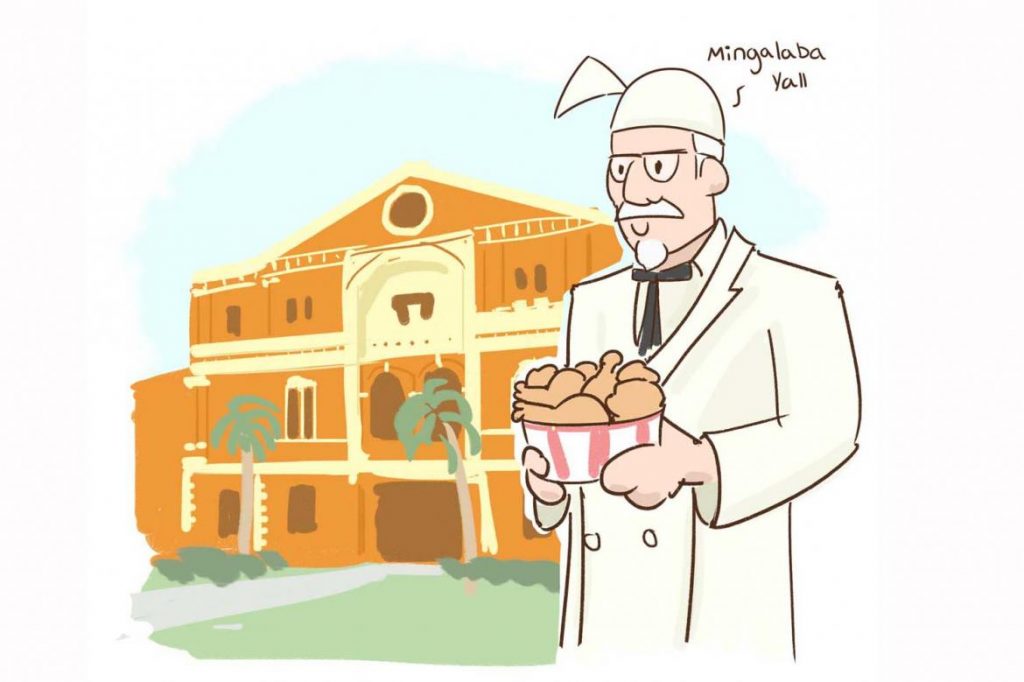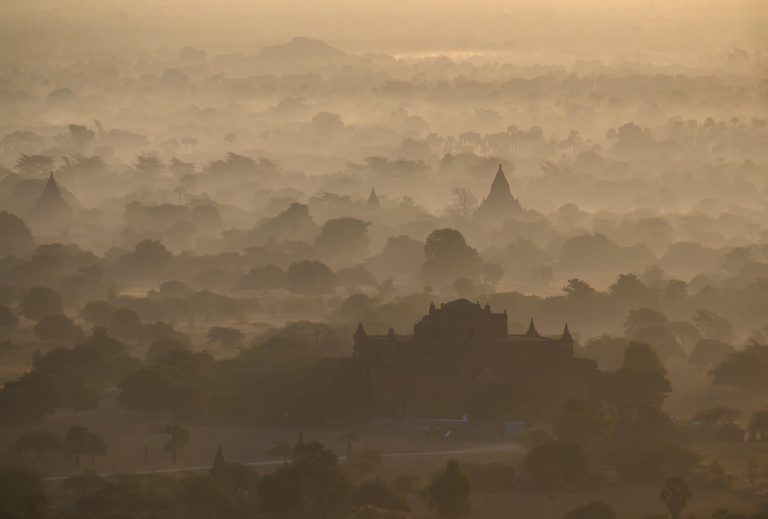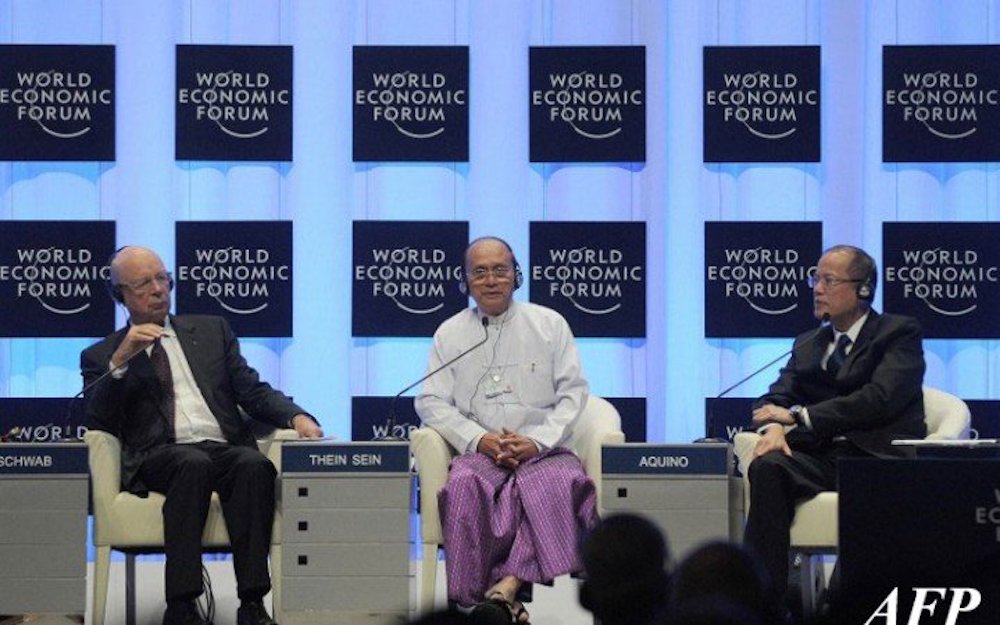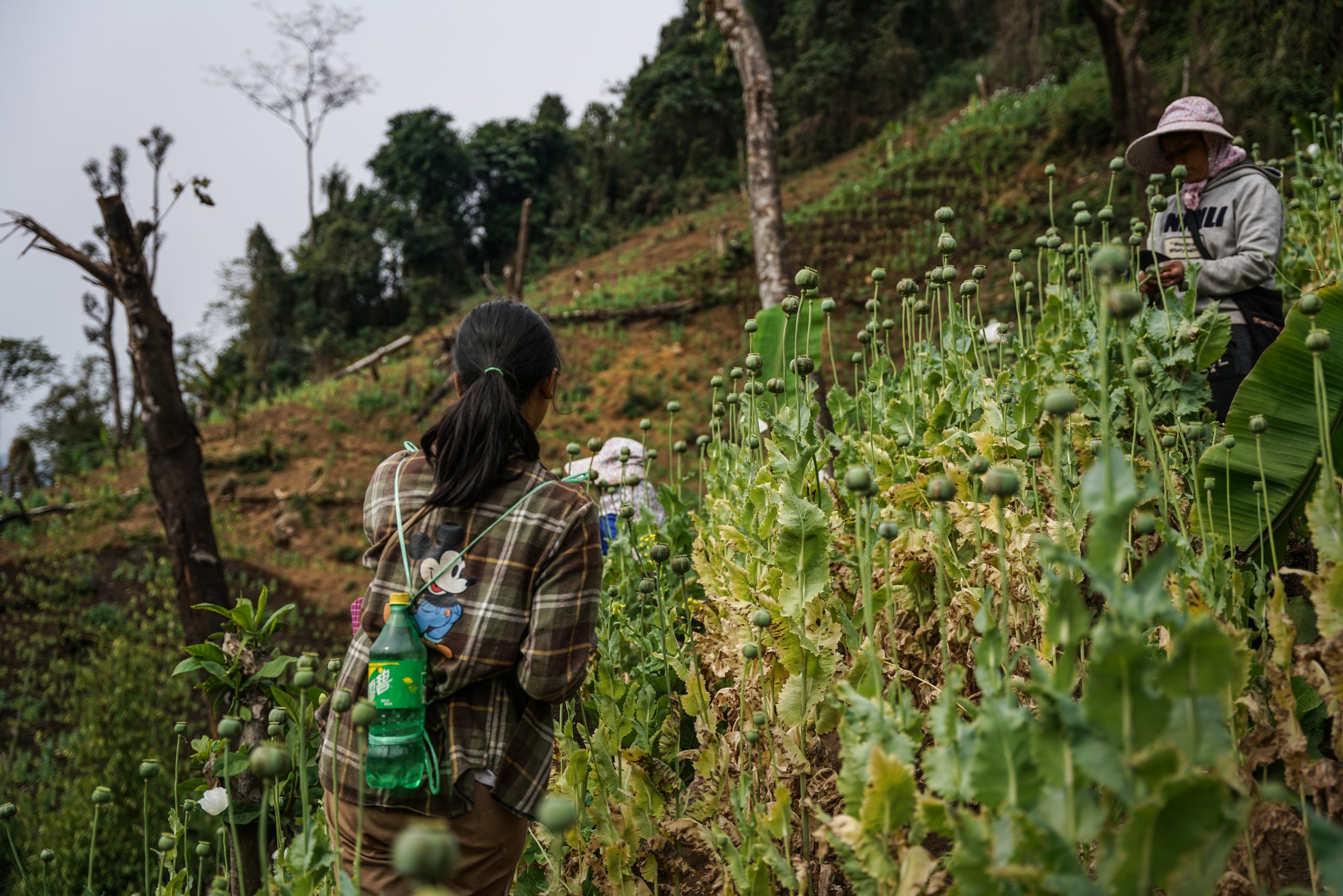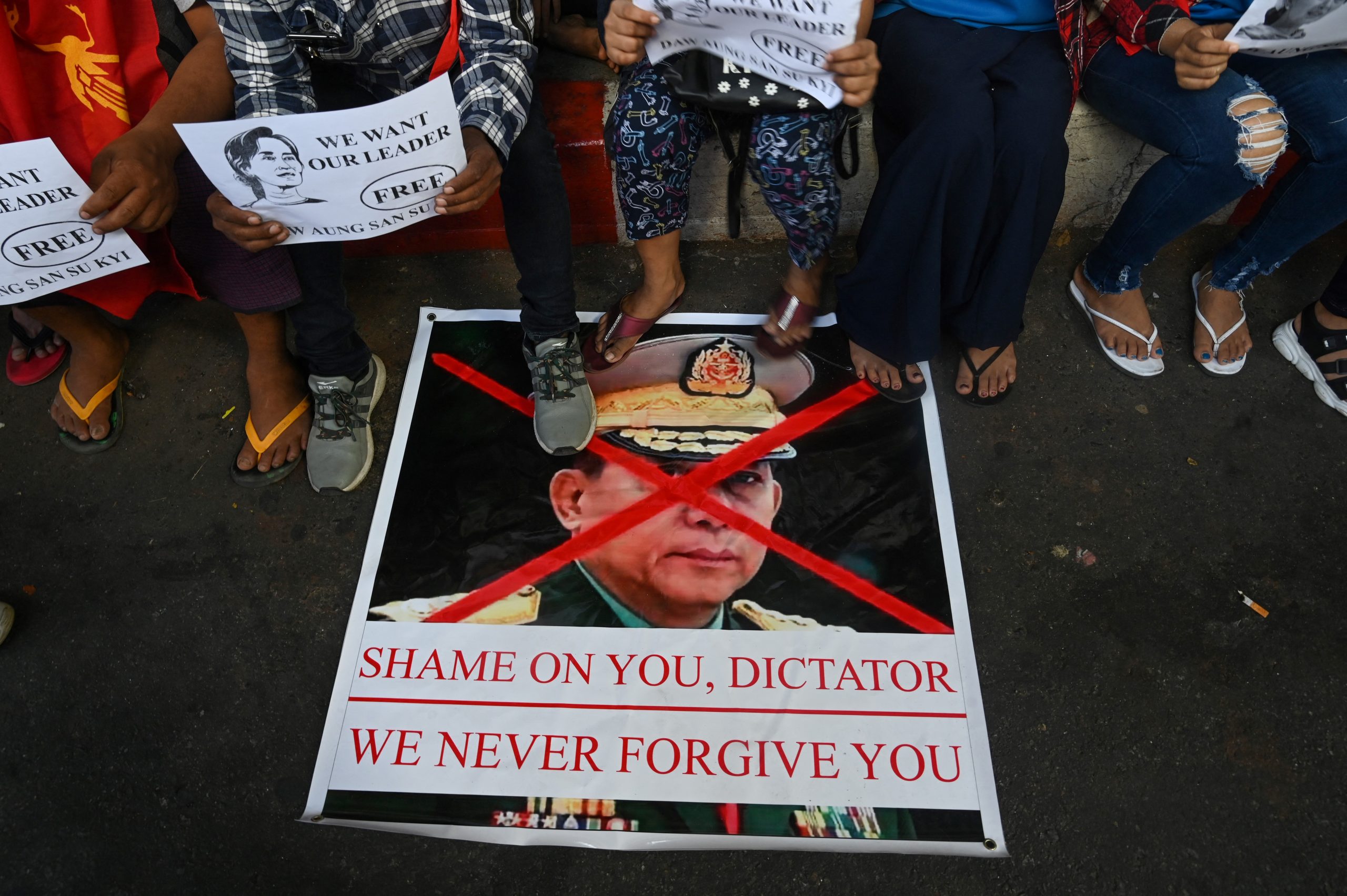Hungry for a Martyrs’ Chicken Meal? Or perhaps a colonial doughnut combo?
Frontier suspects that most self-respecting Yangon residents would not fancy either. Meal deals of this kind are also unlikely to ever be sold in the city. But Yangon’s most iconic building, the Secretariat, will soon be host to an unsavoury mix of historical remembrance and global consumer capitalism.
In July, news and entertainment website Myanmar Mix reported that American fast food brands KFC and Krispy Kreme had secured units at the vast brick complex, where independence hero General Aung San was gunned down with his cabinet members in July 1947.
It has been clear that commercial considerations would underlie plans to redevelop the heritage site, since the previous government handed over responsibility to the family of a former Tatmadaw general and minister in the military junta.
A “night market” promoting United States-Myanmar ties, which had been planned for the Secretariat in February, was eventually cancelled after mass consternation from Facebook users who learned that alcoholic drinks would be served within a stone’s throw of the place where Aung San was murdered. The promise of a Martyrs Museum honouring the anti-colonial icon and his fallen comrades has done little to placate worries that a historic public asset would be crassly commercialised.
Frontier agrees that chicken buckets and glazed doughnuts are better suited to shopping malls than to historic landmarks, but the recent revelations have come with a grim sense of inevitability. They are part of a much longer story about government in Myanmar and its relationship with private business since the socialist economy was dismantled after 1988.
Support more independent journalism like this. Sign up to be a Frontier member.
Myanmar’s former junta had plenty of coercive power but was often short on cash and capacity, and so formed a symbiotic relationship with a stable of crony businesspeople. Highways and housing got built and bus lines were established without squeezing meagre state revenues, but the tycoons wanted their money back. And so a culture of rigged tenders was born.
But painting the redevelopment of the Secretariat as a cautionary tale about transferring public assets to private hands risks papering over some more difficult questions.
Heritage conservation is expensive, at least if it’s done right. There’s been a lot of rhetoric in recent years about the importance of preserving the colonial architecture in downtown Yangon, which many other cities in Southeast Asia have lost. There is less real debate about how to pay for it and how to balance it with other priorities in a fast-growing city where many remain poor, indebted and without secure housing.
The recently unveiled restoration of the Old Tourist Burma building that was overseen by British charity Turquoise Mountain is a showpiece in heritage conservation and a welcome addition to the city. But requiring ample donor funds and involving considerable foreign expertise, it’s hardly a scalable model.
Beyond the question of whether government funds should be spent resurrecting the monuments of an exploitative colonial regime, is the inconvenient fact that heritage conservation conflicts with some progressive social policies. Demolishing many of the city’s handsome colonial wrecks would make space for high-rise housing projects that could help alleviate the city’s affordable housing crisis, as well as prevent sprawl and the need for workers to commute for hours in traffic.
In the interest of the city and its people, hard choices will need to be made. Some beautiful buildings should stay, but most will probably have to go eventually. For those that hold a special place in people’s hearts, such as the Secretariat, the government should assert itself as a defender of the public interest, and should not be afraid to renegotiate terms with private developers. The resulting construction delays may be long, but people’s memories of betrayed trust will be longer.


